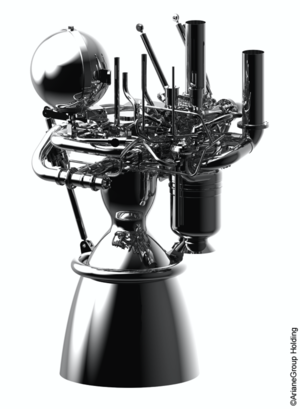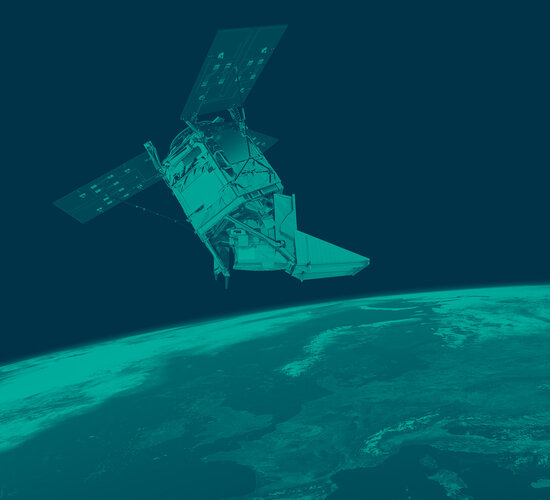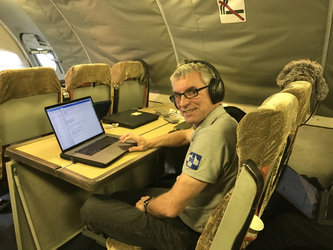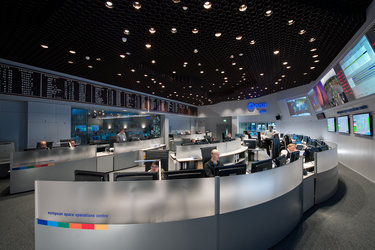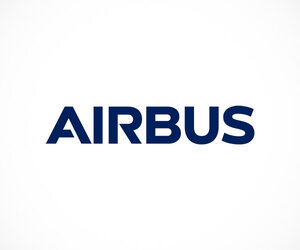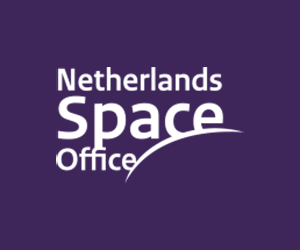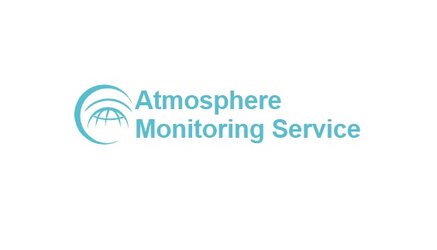Daniel Mesples: Spacecraft Operations Manager
Daniel Mesples is an experienced spacecraft operations manager based at ESA's mission control centre in Darmstadt, Germany. He is responsible for the team who will fly the satellite during all phases of its mission, and says that working in space makes one realize how fragile our environment is.

Daniel Mesples is French but has lived most of his life outside of France. He holds a Masters’ degree in Astronautics and Space Engineering from Cranfield University, UK. He started work at ESOC in 1992 on ERS-1 and ERS-2 as spacecraft operations engineer and then moved to the Envisat mission in 1997.
He was appointed spacecraft operations manager (SOM) for Sentinel-5P in August 2014. Daniel is married with two children, ages 10 and 12. His hobbies are photography and cycling.
ESA: What does the job of spacecraft operations manager entail?
Daniel Mesples
The SOM is like an orchestra director; he or she leads the flight control team – the team of a half-dozen or so engineers dedicated to a mission – and coordinates the activities needed for a successful satellite launch. The SOM has an overview of what is required for spacecraft operations, and manages the interfaces with a number of supporting teams, including the ground segment and the flight dynamics team. All these teams need to work together to look after the satellite to ensure that it is healthy.
ESA: How did you become Sentinel-5P SOM?
Daniel Mesples
When I was at the university, I witnessed the encounter of ESA’s Giotto Mission with the Halley Comet, it was the highlight of my studies! Later, I became part of the Inmarsat F1 mission, on the flight control team, when I was working for a company called Vega. By chance, Vega asked me, after the launch, if I would like to come and work at ESA for the launch of ERS-1. I was thrilled! The thought of working in an international environment, at the forefront of space operations and technology development in Europe, was for me very exciting.
At ESA, I have met many dynamic, highly skilled and motivated professionals in a multicultural working place. It was what I have expected and more.
ESA: What have been the most difficult operational challenges for Sentinel-5P?
Daniel Mesples
I have been working in ESA for 25 years, and after such a long time one would think that there is nothing more to learn. This is not true, technology is continuously developing and every mission has its own peculiarity. One should be careful about relying on what has been done before, because a small detail can make a world of difference.
Oversight is the most important skill a SOM should have; earlier, I was part of the Envisat team, which was one of the largest if not the largest of ESA’s EO missions, and now I am part of the Sentinels. When I was working on Envisat, I was an operations engineer and I focused mainly on a technical part of the mission.
As SOM, I need to see the ‘big picture’. SOMs need to keep the balance between detailed technical knowledge and the overall management of several teams. The teams are really what make the difference, especially nowadays when missions are more complex and resources are more limited.
ESA: What is most rewarding about being a SOM?
Daniel Mesples
Knowing that your team is ready and well-prepared for launch.
For Sentinel-5P, an intense simulation campaign is challenging us with very complex scenarios. However, we have tackled them and we are seeing successful results. All the teams are ready to work as one for the launch, and this is very rewarding for a SOM.
Working in space is something really out of this world; it makes you realize how fragile our environment is. It pushes the limits of knowledge and reminds us how unique our planet is.
ESA: What do you recommend for someone wishing to pursue a career in spacecraft operations?
Daniel Mesples
As I was mentioning, a SOM needs to look at the mission as a whole. Every little card of the mosaic needs to fit.
Someone who would like to work in this role should have a technical understanding of the hardware and how it works, how it is operated and what could go wrong. It is also necessary to be able to work with a large number of people. The challenge is to maintain the balance between the technical knowledge and the people. Teams are what make the difference and it is something that cannot be automated. Successful missions come from good teams.
Also, this is not a job for everyone; it takes a lot of hard work, sometimes one spends weeks at the desk trying to solve problems that look impossible, but then suddenly the launch day arrives and everything comes together, it is a unique feeling. It still gives me a thrill after 20 years.
Editor's note:
This is one in a series of interviews with some of the key people that are involved in the Copernicus Sentinel-5P mission. Please check back as further interviews will be added in over the coming weeks.








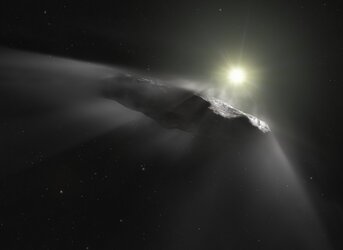






 Germany
Germany
 Austria
Austria
 Belgium
Belgium
 Denmark
Denmark
 Spain
Spain
 Estonia
Estonia
 Finland
Finland
 France
France
 Greece
Greece
 Hungary
Hungary
 Ireland
Ireland
 Italy
Italy
 Luxembourg
Luxembourg
 Norway
Norway
 The Netherlands
The Netherlands
 Poland
Poland
 Portugal
Portugal
 Czechia
Czechia
 Romania
Romania
 United Kingdom
United Kingdom
 Slovenia
Slovenia
 Sweden
Sweden
 Switzerland
Switzerland























